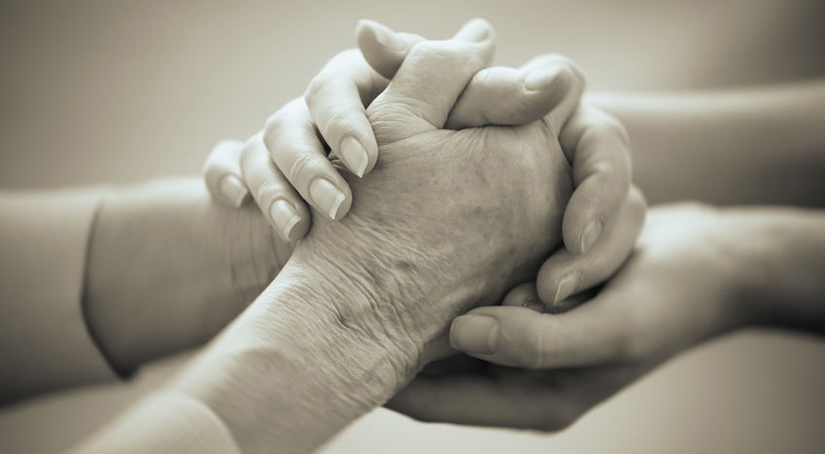by Linda Phillips and Lisa O’Neill
Special to the Arizona Daily Star
»Article at Tucson.com
World Elder Abuse Awareness Day is June 15. The day was designated by the International Network for the Prevention of Elder Abuse and the World Health Organization to increase sensitivity to the fact that, worldwide, 15.7% of older adults experience some form of mistreatment. In the U.S., about 1 in 6 is a victim.
Elder abuse has many forms including physical, sexual and psychological violence and intimidation, neglect and financial exploitation. It occurs in different settings: nursing homes, assisted-living facilities, private homes, public places. It involves different types of abusers: spouses, other family members, health and care professionals, and strangers.
While limited, research on elder abuse shows it has one critically important message: Social isolation is the breeding ground for all forms of abuse.
Social isolation has two effects. Recently in California, a paid caregiver was convicted of elder abuse by theft and fraud. Because the victims were socially isolated, the stranger they trusted to care for them stole possessions and their pain medications. Because the victims were socially isolated, no one was present to observe the perpetrator’s behavior. There were no “social watchdogs.”
Social isolation also fosters loneliness. Older adults are considered socially isolated if they live alone, have limited contact with family or friends and don’t belong to any community groups. About 1 in 3 U.S. adults 45 years and older is lonely. Isolated and lonely older adults are particularly susceptible to abuse.
Loneliness is the “hook” of most financial scams experienced by older adults. Loneliness makes the older adult want to believe, want to talk to a new friend and maybe have a new adventure. Every year, older adults lose $36.5 billion to exploitation, fraud or violations of trust. A person who answers just one telemarketing call a day is three times more likely to fall victim to financial loss than someone who just doesn’t answer the phone.
Perpetrators count on the isolation and loneliness of their victims. They exploit being alone with the victim. They exploit the human need for social contact and use their communication expertise to establish a rapport. The language they use is personal, persuasive and manipulative, often driving older adults to form quick and unvetted relationships.
Social isolation is often beyond an older adult’s personal control; however, there are things we can do to prevent abuse.
At the community level, we can advocate for continued federal and local support for programs like the Pima Council on Aging and Meals on Wheels. At the personal level, we can be aware of our older acquaintances and neighbors, and visit or call regularly. We can help them become engaged in community functions or churches. We can make sure to inform them about the scams occurring in the area and assure them anyone can fall victim because scam artists are so good at what they do. We can remind them that it’s perfectly OK to not answer the door or phone if they don’t recognize the number or are not expecting a visitor.
Perhaps the easiest thing we can do is simply engage older adult neighbors, church members or even strangers at the grocery store in conversations. It doesn’t matter what you talk about or for how long. Remember, you may be the only person they talk to that day, and your time and attention can make a big difference .
We simply can’t ignore the power of social isolation and loneliness as the gateways to elder abuse.



